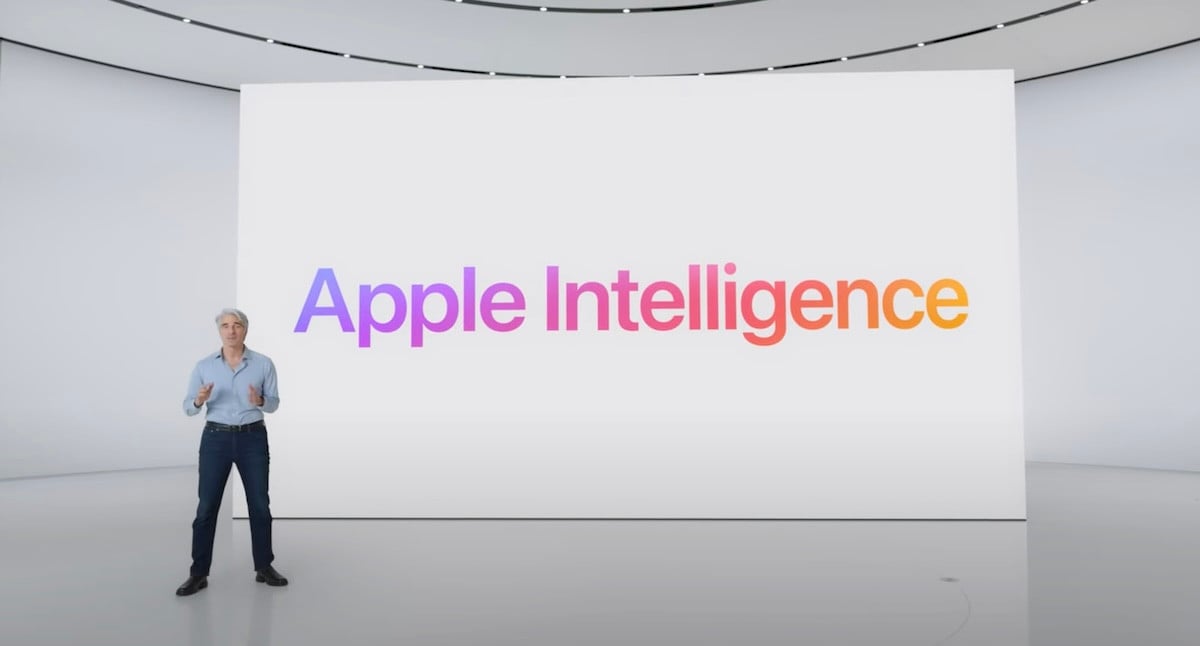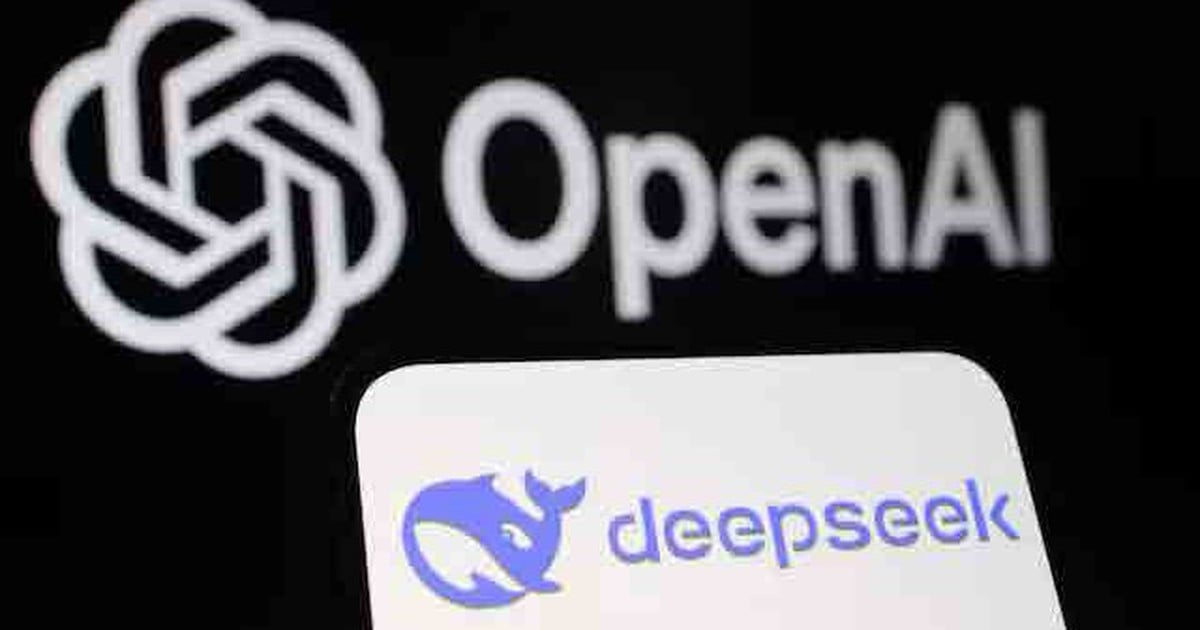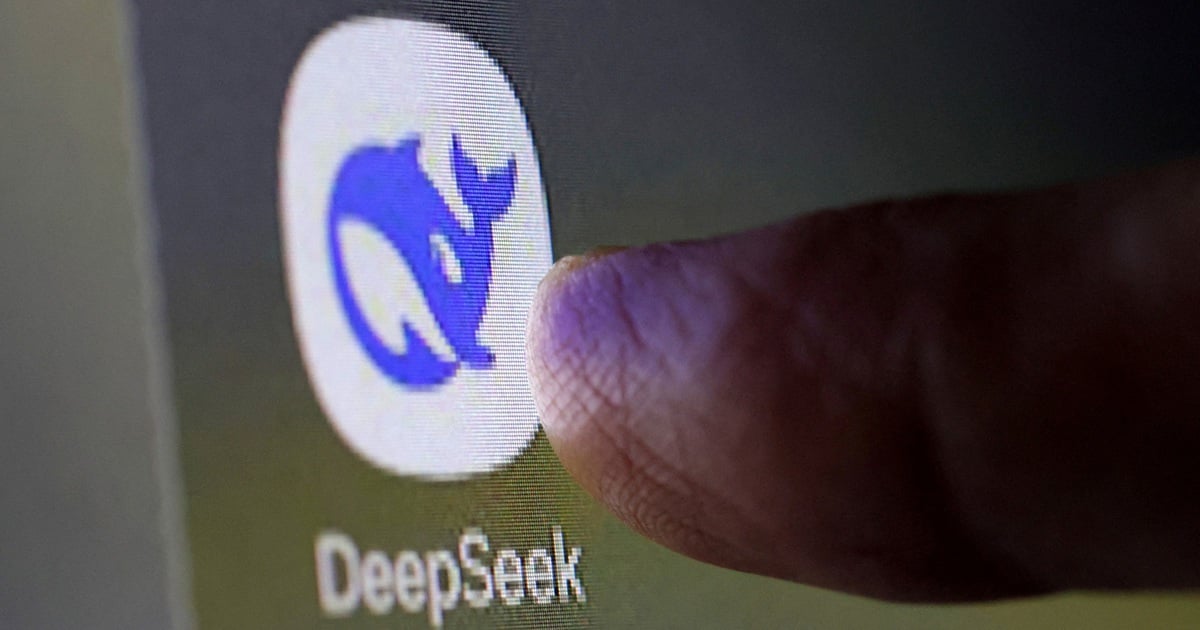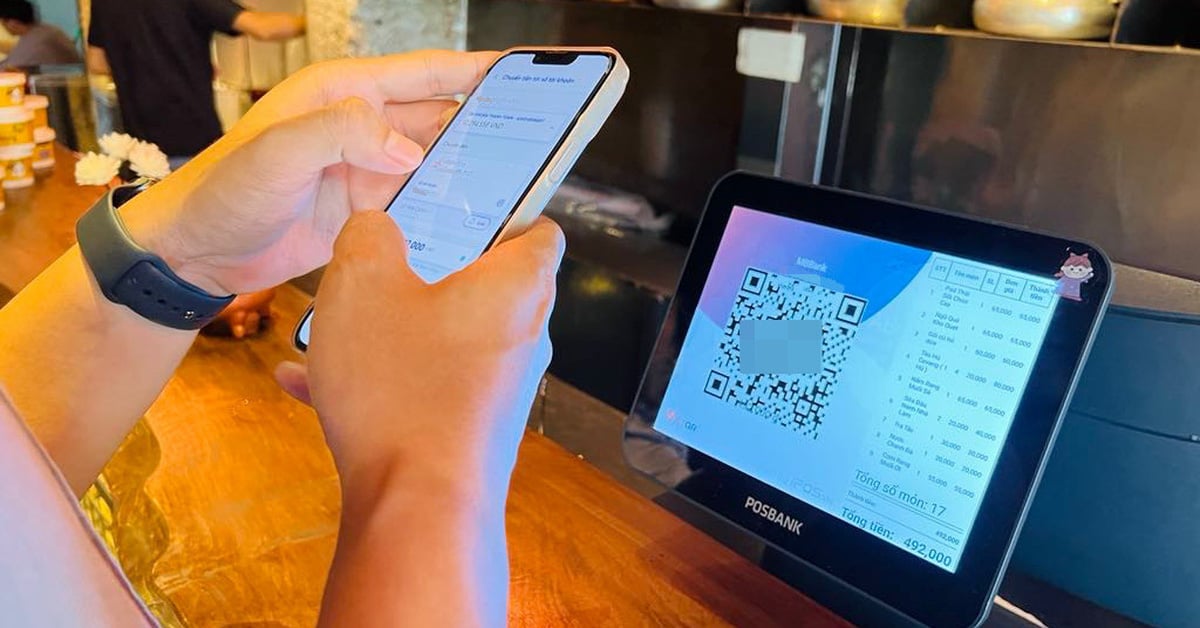An investigation by Proof News found that these companies used a dataset created by a nonprofit called EleutherAI, which contained recordings of YouTube video content from more than 48,000 channels without asking for permission from the content owners or creators.
While the dataset doesn't contain images or videos, it does include content from top creators on the platform, such as Marques Brownlee and MrBeast, as well as major news publishers like The New York Times, BBC, and ABC News. It also includes captions from videos owned by Engadget.

“Apple gets data for their AI from a number of companies,” Brownlee, a popular YouTuber, posted on X. “One of them is tons of data/recordings from YouTube videos, including mine.”
Previously, YouTube CEO Neal Mohan affirmed that companies using YouTube data to train AI models is a violation of the platform's terms and services.
AI companies have yet to be transparent about the data they use to train their algorithms. Earlier this month, artists and photographers criticized Apple for not revealing the training data for Apple Intelligence, a new AI feature that will be available on millions of Apple devices this year.
YouTube, the world's largest video repository, is also a goldmine of data for training AI, including transcripts, audio, video, and images.
Earlier this year, OpenAI chief technology officer Mira Murati dodged questions from The Wall Street Journal about whether the company used YouTube videos to train Sora, OpenAI’s upcoming AI video-creation tool.
“I won’t go into details about the data that was used, but it was licensed or publicly available data,” Murati said at the time. Meanwhile, Alphabet CEO Sundar Pichai also stressed that companies using data from YouTube to train AI models were violating the platform’s terms of service.
(According to Proof News, WSJ)

Source: https://vietnamnet.vn/apple-nvidia-va-anthropic-su-dung-trai-phep-du-lieu-youtube-de-dao-tao-ai-2303028.html

































































Comment (0)